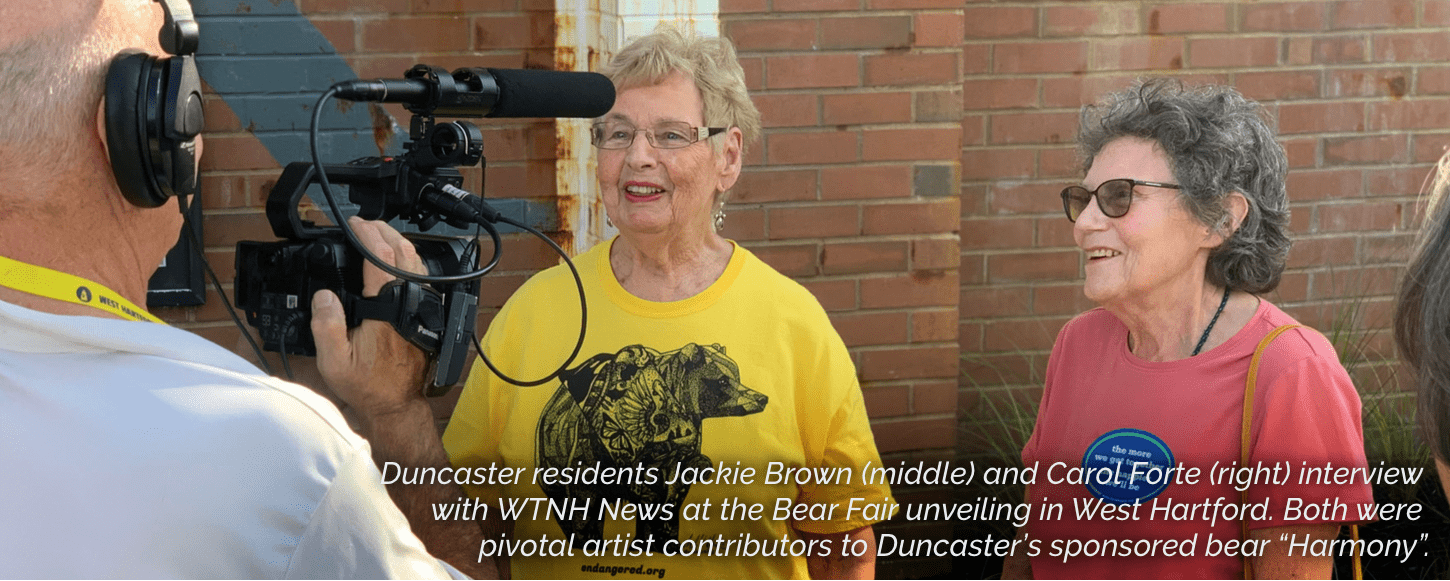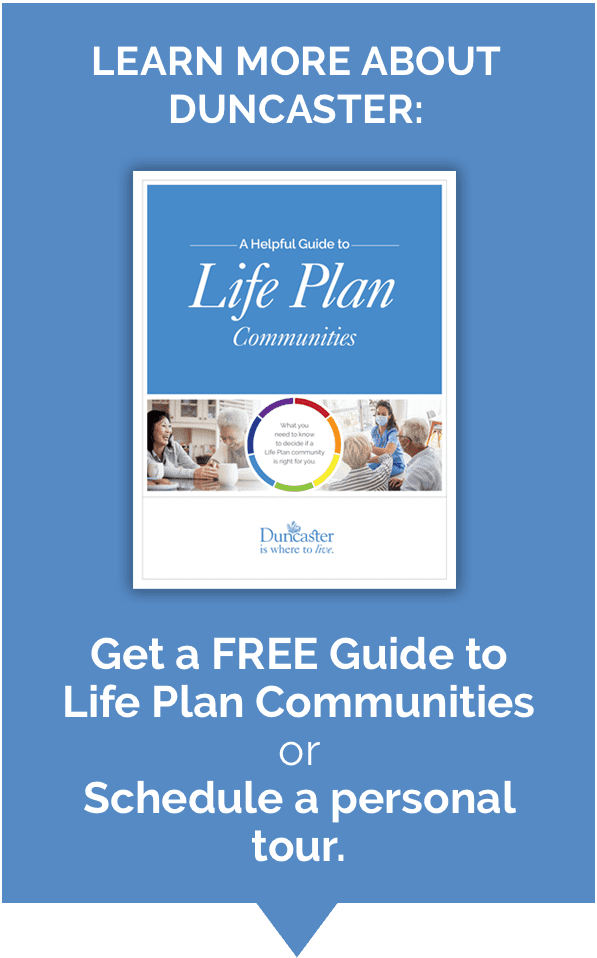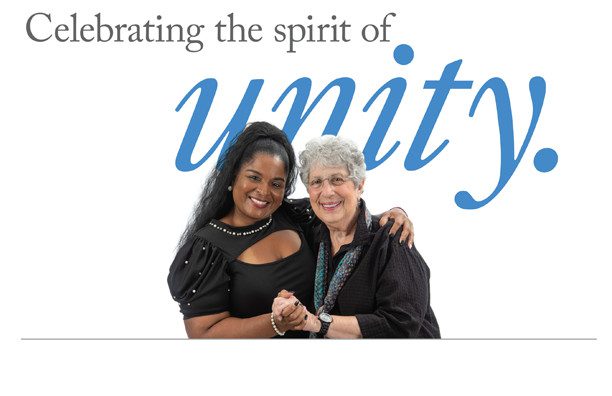
Less must-do. More want-to. | October 2022
Finding Joy in Aging
Excerpts from the Ted Talk, “Aging is inevitable, so why not do it joyfully?” by Ingrid Fetell Lee
What if instead of seeing aging as something to defeat and conquer, we were to embrace what gets better with age, and work to amplify these joys while mitigating the losses of youth? I am not suggesting we minimize challenges that come with aging. Rather, we should view them without judgment and look for joyful ways to navigate them.
Here are six insights that can help us create joyful ways to feel well as we grow older:
1. Seek Out Awe
In a study of older adults, researchers found that taking an “awe walk,” a walk specifically focused on attending to vast or inspiring things in the environment, increased joy and feelings like generosity and kindness more than simply taking a stroll in nature. Interestingly, they also found that “smile intensity,” a measure of how often the participants smiled, increased over the eight-week duration of the study. These walks were only 15 minutes long, once a week, and are minimal impact, so this is an easy way to create more joy in daily life as we age.
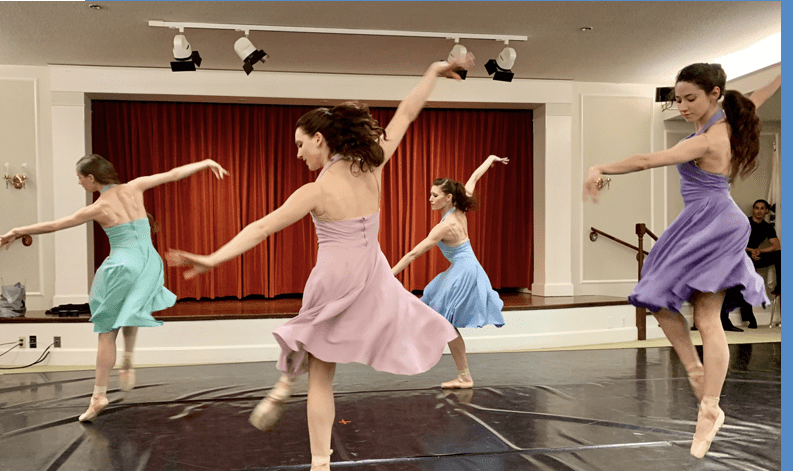
Enjoy cultural experiences, like a performance by the Connecticut Ballet, right on campus at Duncaster.
2. Get a Culture Fix
Studies prove that attending cultural events correlates with increased survival, while people who rarely attended have a higher risk of mortality. Many who take part in activities such as attending church, going to the movies, playing cards or bingo, or going to restaurants or sporting events are not just creating joy, they are extending their lifespan. These activities increase social connection, deepen relationships, and reinforce feelings of belonging. Cultural activities keep the mind sharp. Getting a culture fix is a wonderful way to age joyfully.
3. Stimulate Your Senses
Just as muscles atrophy if we do not exercise, cognitive ability diminishes if we don’t stimulate our senses. We know the acuity of our senses declines with age. The lenses of our eyes yellow, allowing less light into the eye. Our senses of smell, taste and hearing also become less sharp. So, enriching your home environment with color, art, plants, music and other sensorially stimulating elements is a worthwhile investment not just for protecting your mind as you age, but also for creating a space that promotes feelings of wellbeing and joy.
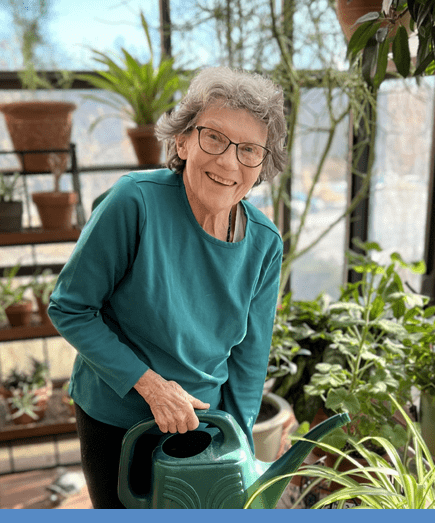
Duncaster’s indoor greenhouse gives residents, including Carol Forte, a chance to find more joy.
4. Buy Yourself Flowers
A study of older adults found that memory and mood improved when people were given a gift of flowers, which wasn’t the case when they were given another kind of gift. Why would flowers have this effect? One reason may be the attention restoration effect, which shows that passive stimulation we find in looking at greenery helps to restore our ability to concentrate. Perhaps improved attention also results in improved memory. Research has also shown that gardening can have mental and physical health benefits for older adults.
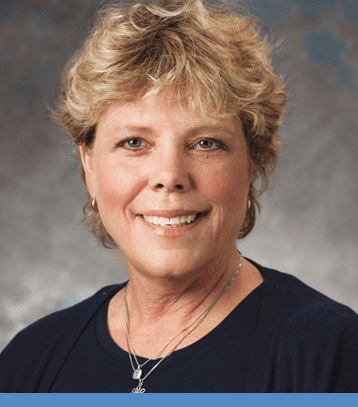
Duncaster’s Director of Wellness, Lucy Eyre, helps residents find their best fitness routine.
5. Maximize Mobility
Exercise is a way to stay healthy and vibrant, but did you know that it has been shown to increase the size of the hippocampus, a part of the brain that plays a vital role in learning and memory? This is important because the hippocampus shrinks as we age, which can lead to memory deficits and increased risk of dementia. In one study of older adults, exercise increased hippocampus size by 2%, which is equivalent to reversing one to two
years of age-related decline. In addition to its cognitive effects, movement itself can be a source of joy.
6. Stay Up On Tech
For older adults, being technologically savvy can boost well-being. One reason is that internet use may serve a predictor of social connection more broadly, and social connection is one of the most important contributors toward mental health and well-being throughout life, but especially in old age. When older adults lack the skills to be able to use technology effectively, it leads to feelings of disconnection and disempowerment. Technology training can promote cognitive function, joyful interpersonal connection, and a sense of control and independence.
As we age, we have a choice: we can either cling to the world as we shaped it and refuse to engage in the new world our kids’ and grandkids’ generations are creating, or we can adapt to their world and remain curious, active participants in it. This concept is at the very heart of aging joyfully. Our goal shouldn’t be to cling to youth, rather we should keep joy alive by tending our inner child while also nurturing our connection to the changing world. In doing so, we balance wisdom with wonder, confidence with curiosity and depth with delight.
If living alone has you looking to put joy back into your life, now is the time to discover Duncaster. Call Lisa Greene, Vice President of Sales & Marketing today at (860) 380-5021 to understand the many advantages of living in a supportive community.

